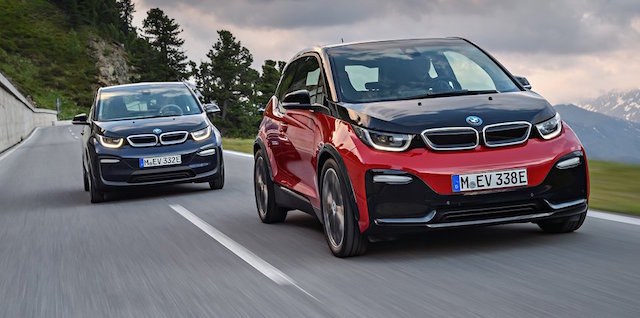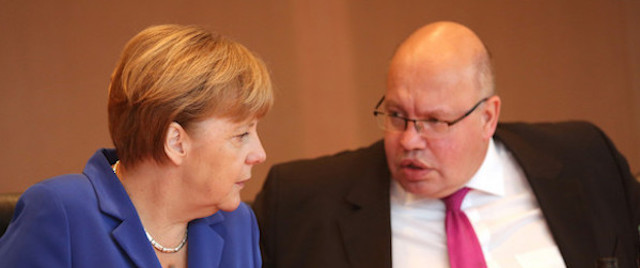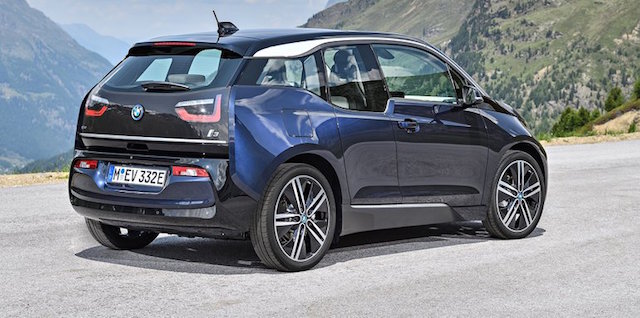
A senior advisor to German Chancellor Angela Merkel has urged the country’s carmakers to “build a car that travels 50 kilometres further than a Tesla and costs 10,000 euros less.”
Merkel’s chief of staff Peter Altmaier said he was disappointed that neither Mercedes-Benz, BMW, or the Volkswagen Group had come close to matching Tesla’s electric vehicle (EVs) performance parameters.
“When is our automobile industry, which is so good, actually going to be in a position to build (such) a car?” said Altmaier. “It must be possible to set this as a goal.
“If the automobile industry doesn’t grasp the fact that it has to invest more in electric vehicles, especially in cities, then it will be very hard to defend combustion engines – gasoline and diesel – over the long term. We must do all we can now, so that the best electric cars are built in Germany.”

Altmaier was speaking at a public forum, one of many called over the past three months to accelerate change in Germany to lower emission vehicles.
The American-made Tesla Model S sedan and Model X SUV are more expensive than similar sized petrol and diesel offerings from German carmakers. For example, the Tesla Model X 75D, the carmaker’s SUV, is listed in Germany for around 92,000euros (NZ$144,000). A Mercedes-Benz SUV, the GLS, is NZ$27,000 cheaper – it starts at 75,000 euros (NZ$117,400).
The price gap has become a political football as Germany heads to a general election on September 24. So too is the future of diesel cars as politicians and carmakers are seeking ways to cut harmful nitrogen oxide (NOx) emissions from diesels, especially in inner cities. A recent court ruling in Stuttgart cleared the way for inner city driving bans.
Chancellor Merkel is a vocal supporter of EVs. So is her main rival, the Social Democrat Martin Schulze. Both want to avoid driving bans the courts are considering and have criticised automotive executives for jeopardising the industry’s future.
Carmakers have agreed to retrofit software to further cut NOx, but they balk at pressure to change hardware, citing prohibitive costs. VW, Mercedes-Benz and BMW reached a deal with Merkel’s government earlier this month to upgrade five million newer diesel cars and offer trade-in incentives on older models, but this hasn’t eliminated concern about emission levels.
Merkel has conceded that her target of one million EVs on Germany’s roads by 2020 is unlikely to be met. Currently, the only electric car made in Germany is the BMWi3, which lists on BMW’s German website for 36,800 euros (NZ$57,500) and has a claimed everyday range of around 200km. An updated i3 (pictured on this page) is to be unveiled at next month’s Frankfurt motor show.

